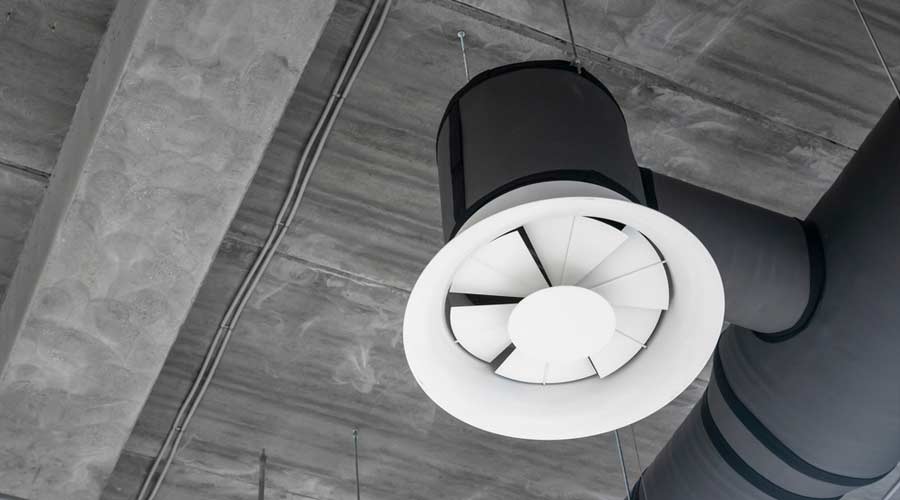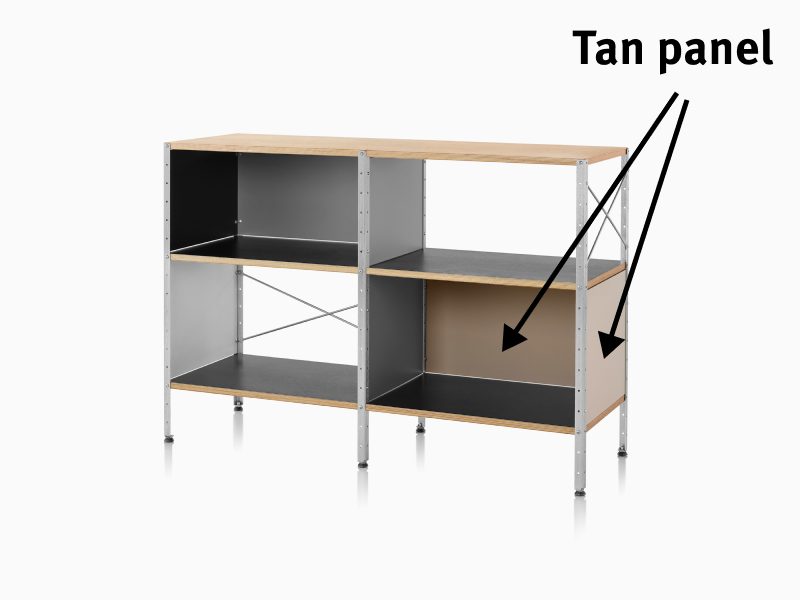
Women in FM Avoid Negative Work Stereotypes
Women in FM discuss how they have navigated their careers while having a healthy work/life balance. October 20, 2022
By Mackenna Moralez, Associate Editor
It seems like every day there is a new phrase that is dominating headline about the work force. Are more people starting to “quiet quit” or is everyone starting to “act their wage.” While the phrases tend to have a negative connotation surrounding them, it is actually helping employers discuss what it means to have a healthy working environment.
No one has been advocating for work/life balance more than women. According to Pew Research Center, more women lost their jobs during the COVID-19 pandemic than men. The three sectors taken into consideration – leisure and hospitality; education and retail trade – account for 47 percent of jobs held by women compared with 28 percent for men. However, they also accounted for 59 percent of job losses in February to May 2020. Meanwhile, during the shut downs, many women found themselves having to leave their positions in order to take care of their children who were doing virtual school.
For facilities management, women have had to navigate the balance between life and work all while the pandemic was occurring. At NFMT Remix, women in facilities management will come together for a panel discussion on how they are navigating on going changes and what it is like to be a woman in a male-dominated field. Recent panelists Jessica Bickel, facilities coordinator, Reece Group USA and Christine A. Burkett, senior regional facilities manager, South Central and Mississippi Valley, Sam’s Club recently shared how they have navigated their careers so far without falling to typical buzz-phrases.
NFMT: How do you put your whole self into your career? What have you learned outside of work that has benefited your career?
Bickel: The lessons I learn in all aspects of my world are often applicable across the board, but I think my organizational skills and my “personal productivity system” are probably my biggest outside factors to influence my daily life at work. Also, the ability to dive into a large and complex challenge without being intimidated; I am confident in my ability to utilize a board spectrum of knowledge, to learn, and to connect resources together. That creative problem-solving ability, confidence and organizational skill all combine to enhance my professional toolkit significantly.
Burkett: I don’t pretend to be anyone but myself. I don’t approach work with a mask. I believe in being genuine and transparent, bringing empathy and knowing my own goals, values and ideals. Being a parent has taught me a level of patience that I have carried with me. Having raised children has taught me empathy for personal and familial stresses for my team. I have experienced the real struggles that every member of a team also experiences, and I don’t approach work with an illusion that our self and our work operate separately.
NFMT: Why do you think as women we feel like we have to work so much harder to prove that we can do the same work as our male counterparts? How can we begin to close that gap?
Bickel: One aspect is communications — deliberate speaking; communicating in such a manner as to best pass along the message, as intended, to the correct audience. In my experience there are very fundamental differences in how we communicate; how we transmit and receive messages, and how those messages are interpreted and acted upon. Those differences impact being seen as competent, professional, focused, or any other adjective you care to select. To begin closing the gap, we have to stop expecting women to justify why they are here in the first place, why they want to be here, and we have to improve our communication skills; not only how we speak, but how we anticipate others to communicate
Burkett: There are any number of articles, studies and serious research that address this question. I have experienced this as a real and tangible bias, and as an unconscious bias. The threshold for mistakes as a woman in a mechanical field is non-existent. Every action taken, every work order completed is questioned and scrutinized. Very quickly you establish your reputation, its either you can, or you can’t do the job. There’s no learning curve, there’s no on the job training, there’s no room for any error, however trivial. A male peer and I, approximately the same age and general experience level, started at the same time. He was immediately enrolled in a three-month in-house ride along training period. I was given a weeklong ride along training period. I voiced concerns and was told he’s an investment. I would be lucky to make it through the summer, and technicians are a dime a dozen so feel free to see your way out. I made it through that summer and a couple more. Things worked out eventually, and training opportunities became more frequent and available.
Experiencing this feeling from unconscious bias is worse and more insidious. This comes from back handed compliments, or qualified statements like “pretty good for a girl.” Also, most of the men who make these statements aren’t even aware of the impact of their actions and will often claim to be progressive and insightful as they explain all the ways they are great supporters of women. There’s literally no protection from this and no recourse, just work better, smarter, harder to get ahead.
Closing the gap begins with diversity, inclusion and equity. Keeping the conversations open, honest, and continuous.
NFMT: Why do you think there is a place for women in facilities management?
Bickel: Why wouldn’t there be? FM is an industry of people who take on dynamic challenges, who are problem solvers and are solutions-minded; who approach things with a “fix it” mentality. Given how broad, complex and nuanced this industry is it would stand to reason that the talent within that industry would need to be just as diverse. Innovation is not formed in a vacuum; and the more perspectives we being into our world, the more value we can pull out of it.
Burkett: Why wouldn’t there be a place for women in facilities maintenance? Gender has nothing to do with acumen, affinity, talent, or skill in any profession.
NFMT Remix takes place in Las Vegas, Nov. 2-3, at the Paris Las Vegas Resort Conference Center. For more information, visit www.nfmt.com/vegas.
Mackenna Moralez is the associate editor for the facility market.
Next
Read next on FacilitiesNet












